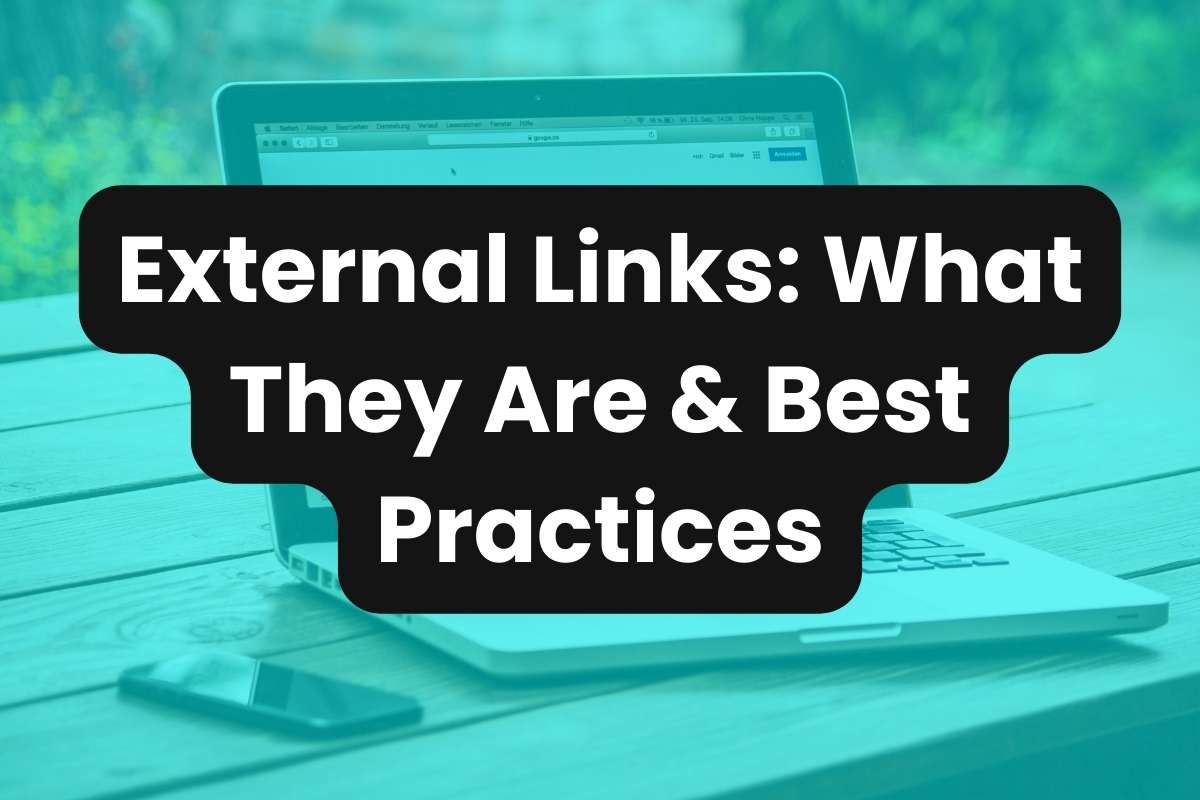External links, also known as outbound links, connect your site to different domains, providing a gateway to broader information networks. This article will discuss what external links are, their importance, their impact on SEO, and the best practices for implementing them effectively.
What is an External Link?
An external link is a hyperlink that points from your website to a different domain.
Unlike internal links that navigate within the same domain, external links send users to entirely different websites.
These links are fundamental in the functionality of the Internet, enabling users to expand their knowledge and experience beyond the confines of a single site.
Why Use External Links?
External links are invaluable for several reasons:
- Authority and Credibility: Linking to authoritative sources can enhance the credibility of your content, showing that you value quality and accuracy.
- User Experience: By providing links to additional information, you enhance the user’s experience, making your website a useful resource.
- Networking: Often, linking to other reputable sites can lead to reciprocal links, or foster relationships within your industry.
Do External Links Impact SEO?
External links can significantly impact your SEO, albeit indirectly. Search engines view external links as indicators of the quality and relevancy of your content.
Linking to well-regarded sites can boost your site’s trustworthiness in the eyes of search engines.
However, excessive linking to poor-quality sites can have a negative impact, potentially harming your site’s rankings.
Best Practices for External Linking
To maximize the benefits of external links, consider these best practices:
- Choose Quality Over Quantity: Link only to sites that are credible and relevant to your content. Quality links will enhance your site’s value and authority.
- Use Descriptive Anchor Text: Make sure the anchor text is informative and gives an idea of what the user can expect to find on the linked page.
- Nofollow Links When Necessary: Use the nofollow tag for links that are paid or not entirely trustworthy to avoid passing on ranking credit unnecessarily.
- Regularly Check Links: External sites can change, and what was once a valuable link could become broken or outdated. Regular checks help maintain the integrity of your site.
- Open Links in New Tabs: To keep users on your site, configure external links to open in new tabs.
- Consider Shortened External Linking: Using tracking links for external navigation can help your website maintain authority and boost SEO.
Summary
By strategically using external links, you can improve the quality of your site, enhance user engagement, and possibly improve your SEO performance.
Remember, external linking is not just about enhancing your site’s SEO but about enriching the web experience for users and creating a network of trust across the internet.


